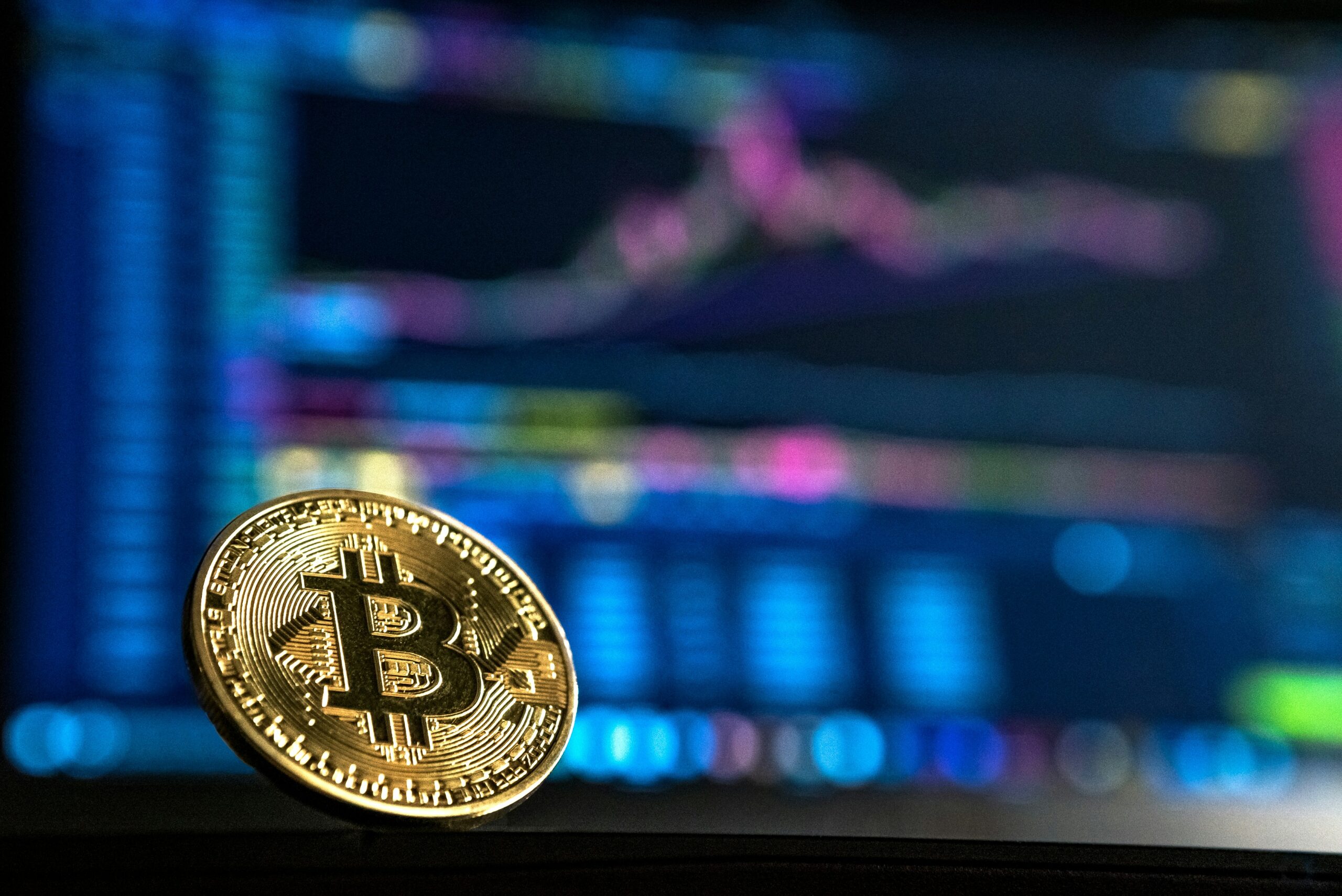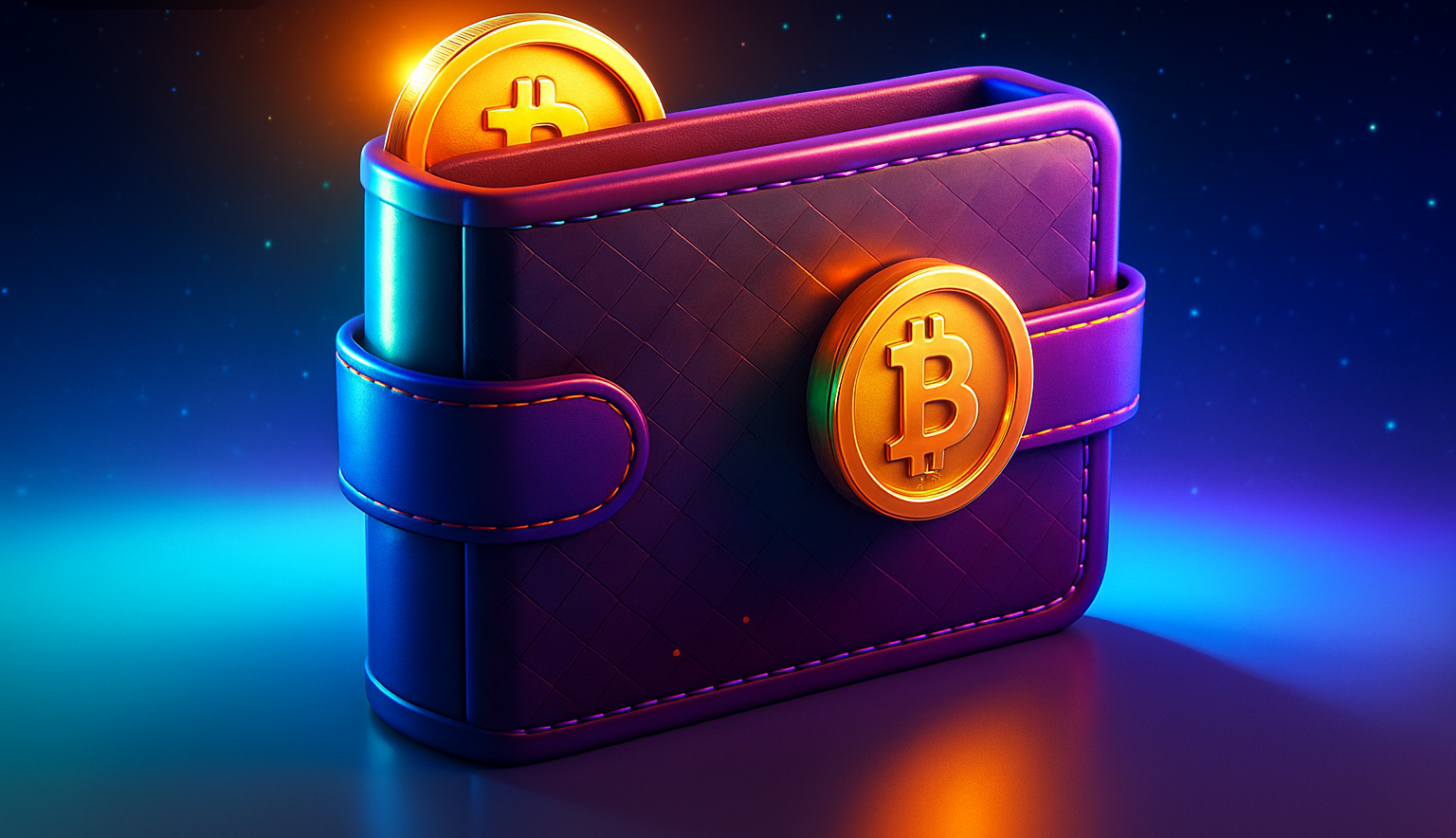Being a crypto trader, you have to ensure that your assets are safe. In this article, we will explore some of the best practices that you should use to ensure safety of your assets.
Are Crypto Exchanges Secure?
On centralized crypto exchanges, the company is responsible for the custody and security of users’ crypto assets. Their security protocols depend on how many resources and how much commitment they dedicate to protecting customers’ assets. Crypto exchanges secure users’ funds through multiple layers of protection, including account security measures, web security protocols and firewalls, as well as corporate and organizational safeguards.
Crypto regulations enforced by regulatory bodies also add another layer of security. Before choosing any crypto exchange, consider reviewing its security features, such as cold storage facilities and third-party security audits.
Despite the advanced security measures taken by leading exchanges like Crypto.com and Binance, it is still necessary for users to take precautions on their own for additional safety.
You can also choose to store your crypto in wallets. Hardware wallets are the most secure option to store your crypto assets. They are not connected to the internet, meaning they cannot be hacked remotely. Software wallets, on the other hand, are relatively less secure because they remain connected to the internet and are more vulnerable to hacks. Hybrid wallets can also be a good option, providing a balance between convenience and security.
Safety Practices for Centralized Exchanges
1. 2-Factor Authentication
Even if you have stored your funds on a highly secure centralized exchange, taking further measures for your account safety remain crucial. These measures include turning on 2-Factor Authentication, or utilizing Authenticator App, and making a strong password. If a crypto exchange does not offer 2FA option, do not use that platform.
2. Avoid Phishing Attacks & Malware
You need to ensure you always enter your login details in the actual website of crypto exchange by checking the URL. Hackers often create fake website similar to a crypto exchange to get user login details if users enter those. They can also create fake wallets or send you emails asking you to download a specific crypto application. Those applications may have malware, so avoid such emails from unknown sources.
3. Other Practices
Enable whitelisting withdrawal address option if available. By this option, you can withdraw funds to pre-approved wallet addresses. This prevents unauthorized withdrawals. Secondly, keep monitoring your account activity, transaction history and balance. Turn on account notifications so you receive notifications about your account activity.
Safety Practices for Decentralized Exchanges
1. Use Secure DEX
In DEXs, users have full control over their assets. They are responsible for protecting their private key to avoid getting hacked. Another point where safety is required is the smart contracts which execute peer-to-peer trade between users. If a DEX has highly secure smart contracts, then chances of platform getting hacked remain low. Before choosing any DEX, research about platform’s reliability and security practices.
2. Utilize Hardware Wallets
When it comes to DEXs, you can store your assets separately in a hardware wallet. It is a physical device which is not connected to internet. These wallets have robust security and they are extremely difficult to hack. But you need to keep your seed phrase safe.
3. Avoid Phishing Attack
DEXs don’t really ask for private keys unless you are making a transaction. Avoid entering seed phrases and private keys on a DEX application or similar website. When choosing a crypto wallet, verify its reliability, reputation and other security features.
4. Protect Your Private Key
Anyone who has your private key can access your crypto funds. That’s why you must keep your private keys confidential. The best practice is to store them offline and keep them in a safe place with backups. Avoid storing them in any online database or cloud storage.
5. Other Practices
Many DEXs also offer option of 2-Factor Authentication. Turn on this feature whenever possible. When making transactions, double-check the transaction details like recipient address and amount.
Utilizing Crypto Wallets
Those who trade across multiple platforms and DeFi apps often store some of their funds in hot wallets and the rest in cold wallets. This reduces reliance on a single platform for fund security.
Apart from soft (hot) and hard (cold) wallets, there are other types of wallets you can utilize, including hybrid wallets. These combine features of both hot and cold wallets, providing more security than typical hot wallets. They use secure smart contracts, distributed key management, and multiple signatures, providing an advantage over standard hot wallets.
Among all types, the cold wallet remains the most secure option. It is not connected to the internet, making it extremely difficult to hack remotely. Even if someone steals your hardware wallet, they cannot access your funds, as they are protected by a recovery seed and PIN. Only physical damage to the hardware device can make it inoperable.
However, remember that with crypto wallets, you still need to follow safety measures just as you would on other platforms. This includes enabling two-factor authentication (2FA), storing private keys offline, and avoiding counterfeit or phishing wallet applications.
Conclusion
While many crypto trading platforms promise the security of customer funds, it is still crucial to research them thoroughly before trusting them. Understanding a platform’s security infrastructure, regulatory compliance, and history of breaches can help you make informed decisions. Even robust security systems do not guarantee complete immunity from hacks. Some of the world’s largest exchanges, such as Binance and Bybit, have experienced security breaches in the past. In those cases, the affected funds were covered using the exchanges’ emergency or reserve funds, and the breaches primarily involved hot wallets, not cold wallets.
Using additional protective measures such as Two-Factor Authentication (2FA), strong and unique passwords, and offline backups of recovery phrases adds extra layers of protection against potential cyber threats. It’s equally important to take security precautions on both decentralized and centralized exchanges, as vulnerabilities can exist in either system.
For long-term storage or larger holdings, cold wallets remain one of the most reliable and robust safeguards. Since they are not connected to the internet, the risk of remote hacking is minimal.

